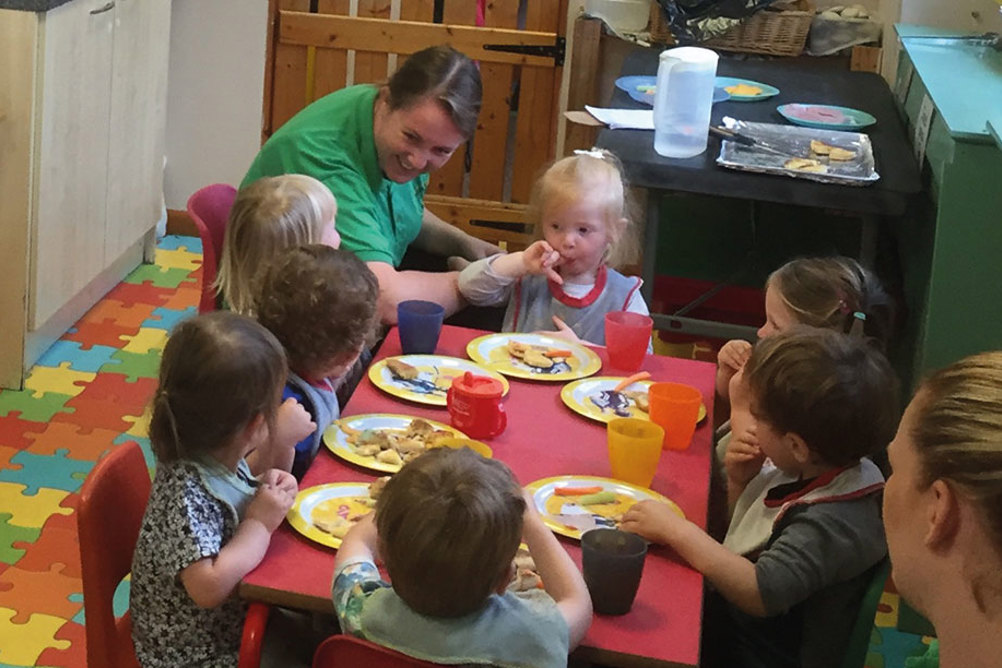
Extended free childcare got off to a shaky start in early implementer York, when more than 30 providers pulled out of the scheme last year, blaming underfunding. Rates were initially set at £3.38 for the first 15 hours and £3.95 for the second. However, talks between providers, the council and the DfE resulted in the rate being raised to a flat £4 an hour.
Now, 86 per cent of providers in York have signed up to deliver the 30 hours. ‘Discussions about a fair hourly rate came to a good conclusion, but there are challenges ahead for how the new formula will impact the hourly rate,’ says Barbara Mands, head of childcare strategy at City of York Council. A consultation has taken place with York providers on a new Early Years Single Funding Formula, and local authority proposals have been considered by the local schools forum; it is currently proposed that the base rate will remain £4 per hour for 2017/18. Some providers say this is still not enough, and are meeting with minister Caroline Dinenage to express concerns.
Register now to continue reading
Thank you for visiting Nursery World and making use of our archive of more than 35,000 expert features, subject guides, case studies and policy updates. Why not register today and enjoy the following great benefits:
What's included
-
Free access to 4 subscriber-only articles per month
-
Unlimited access to news and opinion
-
Email newsletter providing activity ideas, best practice and breaking news
Already have an account? Sign in here
